Top Code Editors & IDEs Online for Seamless Cloud Development
Coding has evolved from cumbersome installations and tedious setups to streamlined, browser-based solutions. Today, Code Editors & IDEs Online allow you to write, test, and run code directly in your browser—no downloads, no stress. From beginners exploring Python to professionals managing cloud applications, developers are embracing these fast, lightweight tools.
These platforms offer syntax highlighting, debugging, terminal access, live previews, and cloud deployment. Whether you’re collaborating in real-time or tweaking code on the go, these tools provide flexibility and speed that traditional setups can’t match. The future of development is online—and it’s already here.
Popular Online Code Editors & IDEs
Browser-based code editors are more than just a novelty; they’re integral to modern workflows—from solo developers crafting personal websites to teams building scalable apps. Let’s explore the platforms leading this quiet revolution in online development.
VS Code Online (Visual Studio Code for the Web)
VS Code Online is the web version of the popular desktop editor, running right inside your browser. It’s fast, lightweight, and instantly recognizable to anyone familiar with Visual Studio Code. Access files, edit code, and manage repositories directly through vscode.dev or github.dev.
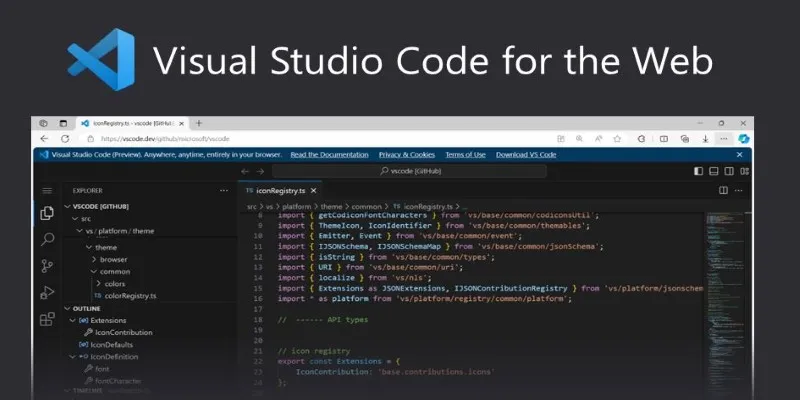
It retains most core features: syntax highlighting, IntelliSense, Git integration, and a familiar interface. While some extensions are unavailable due to browser limitations, it still offers a productive experience, especially when connected to GitHub Codespaces or a remote dev environment. It’s perfect for quick edits, reviewing pull requests, or handling tasks on machines where full IDE installations aren’t possible.
VS Code Online allows seamless transitions between machines. It doesn’t aim to replace your main IDE but serves as a solid companion for coding on the go. For web-based editing, it’s smooth, dependable, and feels just right.
Replit
Replit makes online coding social, interactive, and incredibly simple. It’s more than just an editor—it’s a full development platform. Write in over 50 languages, run code, build web apps, deploy servers, and collaborate in real- time—all within your browser. The best part? No installs, config files, or hassle.
Projects spin up instantly, with package management and a console already in place. Whether you’re building a Discord bot or learning JavaScript, you’re just a click away from launching your project live. The multiplayer coding feature is excellent for teaching, pair programming, or simply collaborating without switching tools.
Replit also integrates AI-powered features and supports container-based environments, providing advanced users with a flexible playground. With mobile access and shareable links, it’s built for creators, educators, and hobbyists alike. In the world of Code Editors & IDEs Online, Replit brings versatility and community into a seamless interface—and that’s hard to beat.
Glitch
Glitch is a refreshingly simple tool for quickly building and sharing web apps. It’s perfect for prototypes, bots, APIs, or even small full-stack projects. With zero configuration required, you can start a project and preview your live app in seconds. Just type and save, and your changes appear immediately in a browser tab.
The user experience combines a code editor with a real-time preview tool. You don’t have to manage servers or databases—Glitch handles it all behind the scenes. It supports Node.js natively and offers persistent storage, so you can build anything from a static site to a basic Express app.
One of Glitch’s most appealing features is its collaborative nature. Multiple people can edit the same project in real-time, and every public project can be remixed with a single click. If you want to share or demo your ideas quickly, Glitch offers a smooth experience—especially for front-end developers and creative coders.
Gitpod
Gitpod automates cloud-based development. It connects directly to GitHub, GitLab, or Bitbucket and launches a ready-to-code dev environment—no setup needed. Each workspace runs inside a container that matches your project’s configuration, including language servers, tools, and extensions. Define your setup in a .gitpod.yml file, and Gitpod replicates it every time.

It uses VS Code Online as its interface, providing all the familiar productivity tools in a cloud environment. Gitpod excels in team workflows, CI/CD integration, and reducing onboarding time. It’s built for professionals working on large or complex projects where consistency and speed are crucial.
Gitpod essentially provides a fresh, clean, preconfigured workspace every time you start coding. That means fewer “it works on my machine” moments and more actual development. For open-source contributors, it’s a dream—you can contribute without even cloning the repository. It’s one of the most robust tools in the Code Editors & IDEs Online space.
CodeSandbox
CodeSandbox is a front-end developer’s dream workspace. Tailored for frameworks like React, Vue, and Svelte, it lets you build, preview, and share web apps instantly—no installations required. The live preview feature updates with every keystroke, providing instant feedback, making it ideal for rapid prototyping and UI experimentation.
Each sandbox is a self-contained playground with NPM access, GitHub repo import, and easy component testing. It even supports back-end functionality through its devbox feature, allowing you to run Node.js in the cloud. You can also export projects to GitHub or pull them directly into CodeSandbox from there.
The interface is smooth, the performance is snappy, and everything feels purpose-built for front-end coding. If you’re building interfaces or testing ideas, CodeSandbox helps you move fast without touching your local machine. Among the many Code Editors & IDEs Online, it’s easily one of the most polished and satisfying tools for web developers.
Conclusion
Code Editors & IDEs Online are transforming development—enabling faster setups, smoother collaboration, and the ability to code from anywhere. Tools like VS Code Online, Replit, Gitpod, and others offer flexibility without sacrificing functionality. Whether you’re a beginner or a seasoned developer, these platforms enhance your workflow efficiency. As cloud-based coding becomes more mainstream, embracing these tools isn’t just convenient—it’s smart. The browser isn’t just for browsing anymore—it’s your new workspace.
Related Articles

VS Code Online, Replit and More: Top IDEs to Code Directly in Your Browser
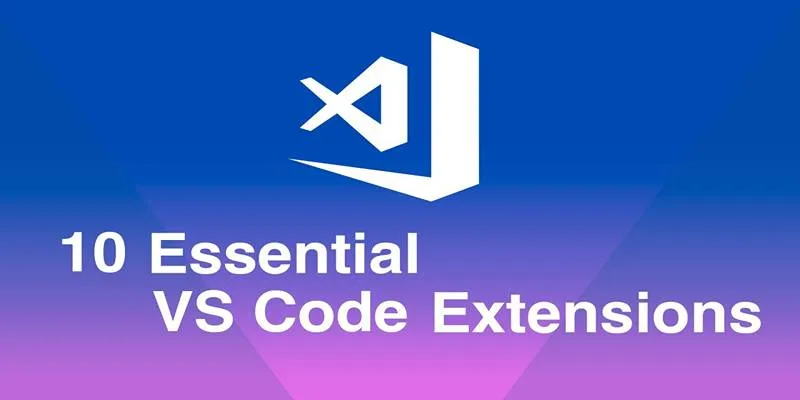
10 Game-Changing VS Code Extensions Every Developer Should Install
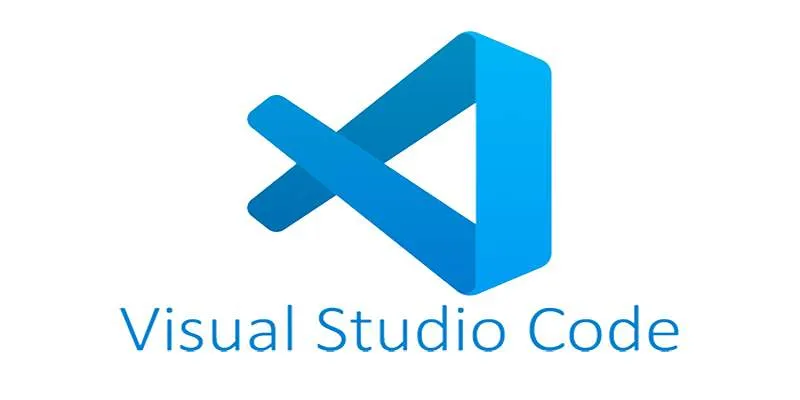
How to Debug and Fix Crashing VS Code Extensions Effectively

Top Online Graphic Design Tools for 2025: Canva, Figma, and More
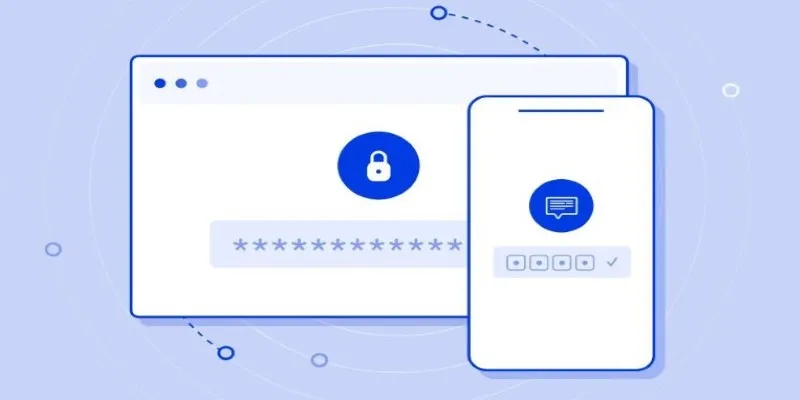
Securing Access: The Simple Power of OAuth and 2FA

Real Work, Less Effort: The Power of Web Scraping and Automation Tools

Everything You Should Know About 123Apps Online Video Editor

Best Free Online Tools to Extract Audio from Any Video

OCR Magic: Instantly Convert Scanned PDFs into Editable Text Online

Microphone Not Working in Online Learning Platforms? Try These Fixes

Top 7 Background Removal Tools for Clean E-Signatures

9 Leading Review and Approval Software to Boost Your Productivity
Popular Articles

Top Screen Recording Tools You Should Try Instead of Any Video Recorder
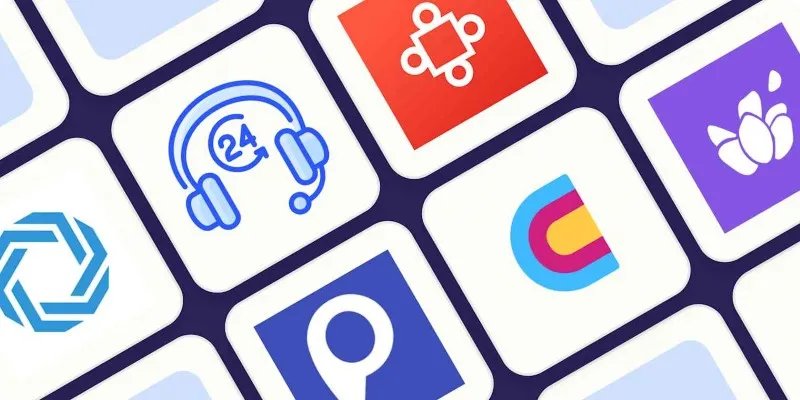
The 8 Best AI Sales Assistant Software in 2025 to Boost Your Pipeline

Sharing Instagram Photos on Pinterest Automatically

Download TikTok Videos on Android: Top 11 Apps That Get It Right

How to Make Eye-Catching Video Edits for Instagram

Splice Video Editor: Fast, Simple Editing for Creators on the Go

8 Easy Techniques to Extract Audio from Video Files

Build an Amazing Product Tour with SlideDeck 2

Top Software to Convert Videos to DPG at High Quality Standards

Penpot 2.5 Elevates Design with Gradient UI and Board Link Sharing
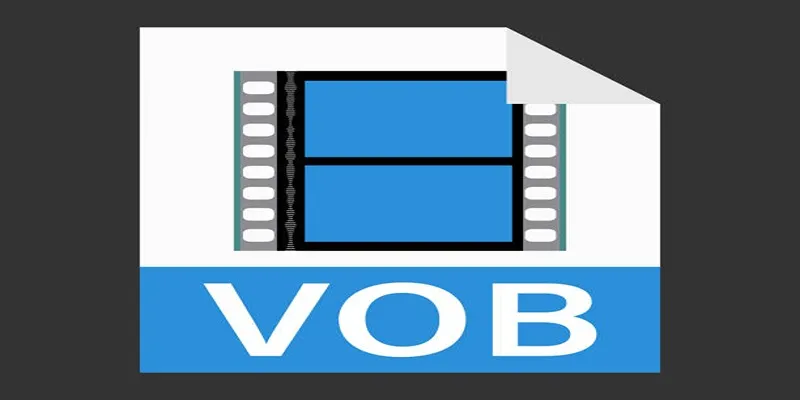
Convert VOB Files to 3GP: Top Tools for 3G Mobile Devices

 mww2
mww2